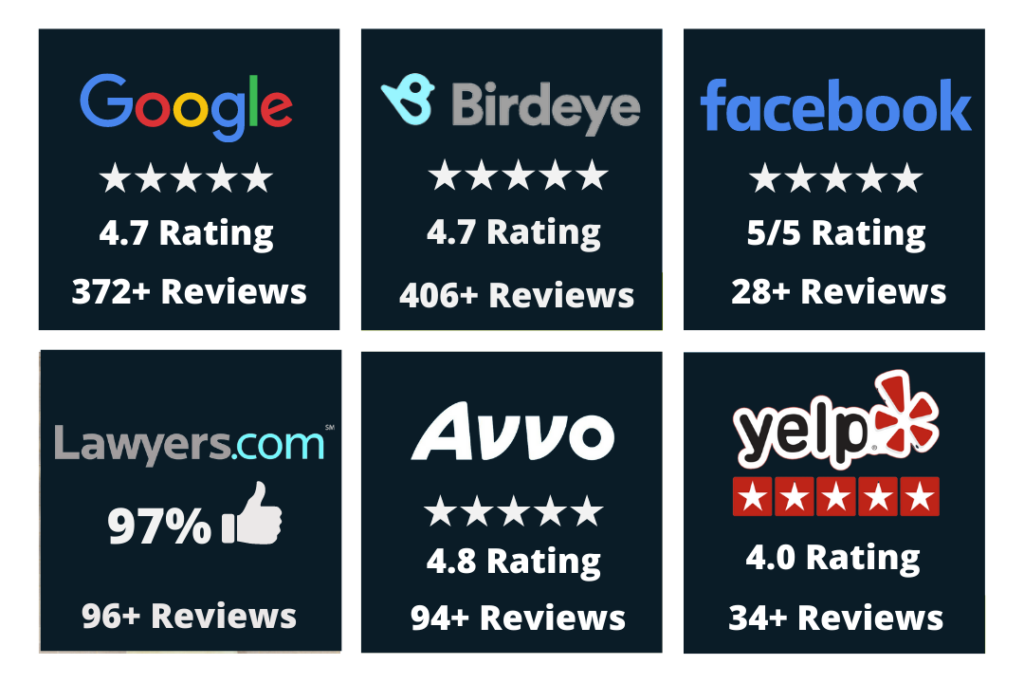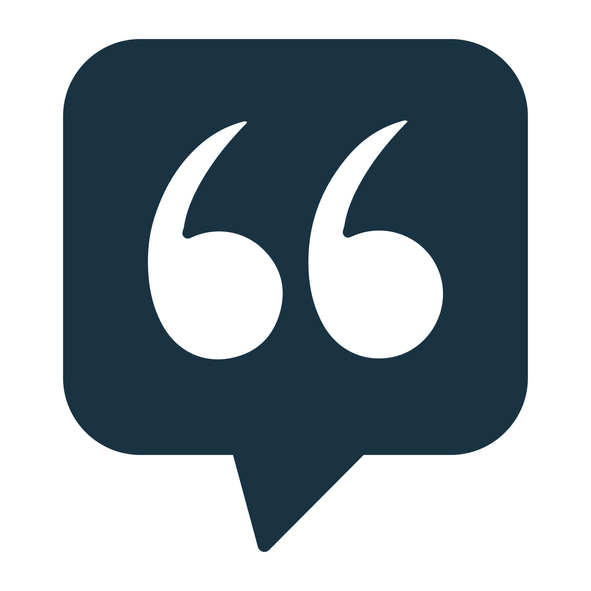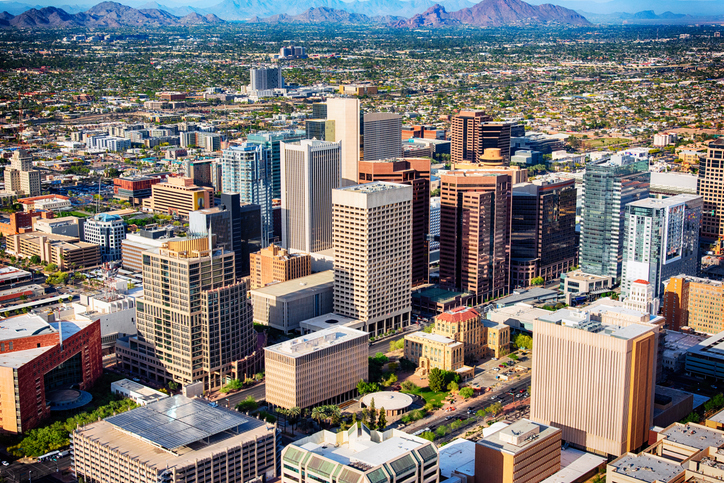The dedicated team of
JacksonWhite Law is here to help.
JacksonWhite offers a full range of legal services to assist individuals, families and businesses in achieving success in a wide range of legal matters.

Meet JacksonWhite Law
We are a full-service law firm serving clients throughout Arizona.
Our team of attorneys provides insightful and advanced legal solutions to individuals, families, small businesses and large corporations throughout Arizona. We use a collaborative approach to create unique legal solutions.



Word on the Street
Our clients and peers love JacksonWhite and our thousands of reviews online show it. Here are just a few of our ratings on review and directory websites that feature JacksonWhite Attorneys at Law.











Our Locations
From our three main locations in Mesa, Scottsdale and Peoria, we provide comprehensive legal services to all of Arizona, including cities around the metro Phoenix area. Learn more about areas we serve and our main locations below.


Recent Case Results
Our attorneys’ experience and expertise leads to case results and success stories that speak to our commitment to every client. Learn more about some of our most recent case results in criminal law, personal injury, elder law and eminent domain.
$1,500,000 Personal Injury Settlement
Motorcyclist Involved in Crash
Motorcyclist involved in an automobile collision which resulted in multiple injuries to our client, including broken limb and contusions.
Case Dismissed
DUI |Tucson City Court
Client was changed with DUI by Tucson PD. After reviewing evidence, our attorneys found multiple issues with blood lab results and case was dismissed and all charged were dropped.
Preserved $400,000 Inheritance
Obtained ALTCS Benefits without Spend Down
After being diagnosed with Alzheimer’s, our client entered a care home that cost $7,500 a month. She feared she would outlive her savings. We were able to prepare strategic gifting, where she gifted enough of her assets to qualify for ALTCS.
$21,000,000 Obtained for Private Land Owner
Judge Awards Large Settlement
Land owner received notice of a property taking for a public use. Initial offers with the government entity were extremely low. Using unique appraisal techniques, we were able to secure a judgment reflective of the true value of the property.
Need help deciding which attorney is right for you?
Fill out the form to discuss your case and best legal options.


